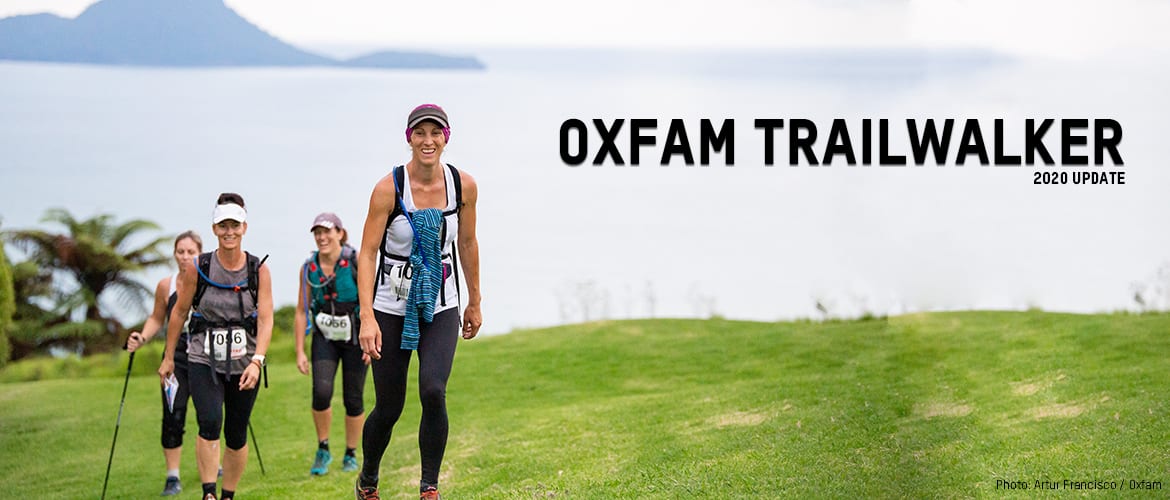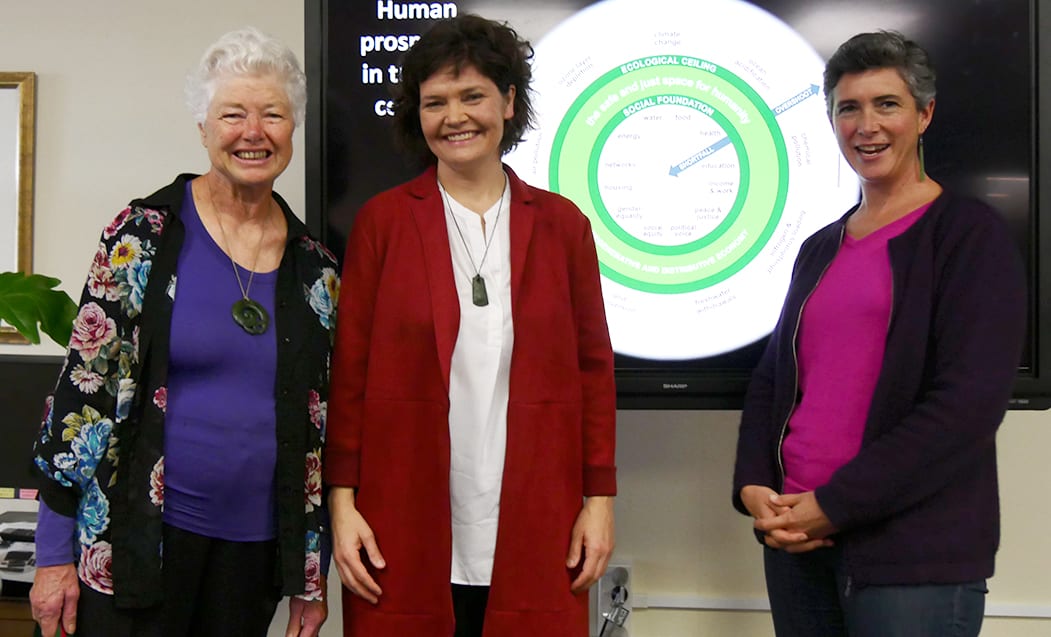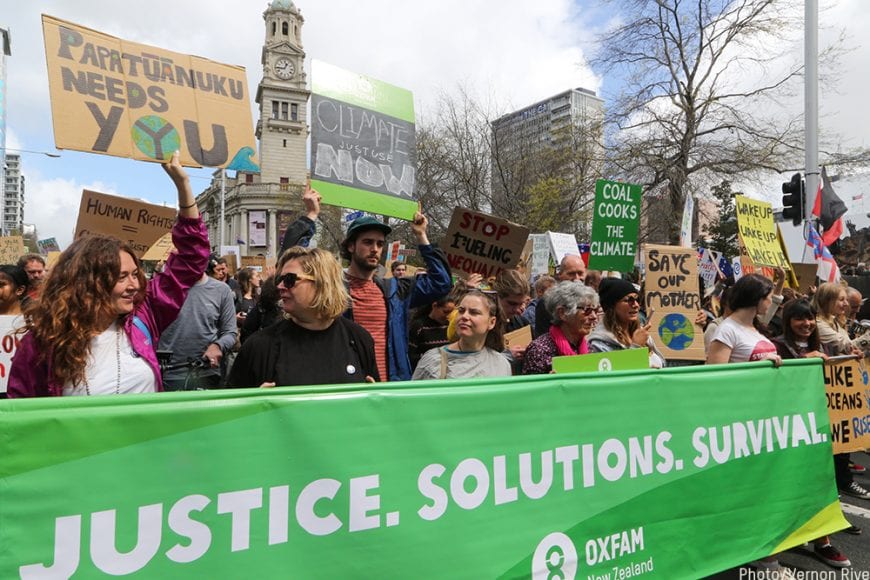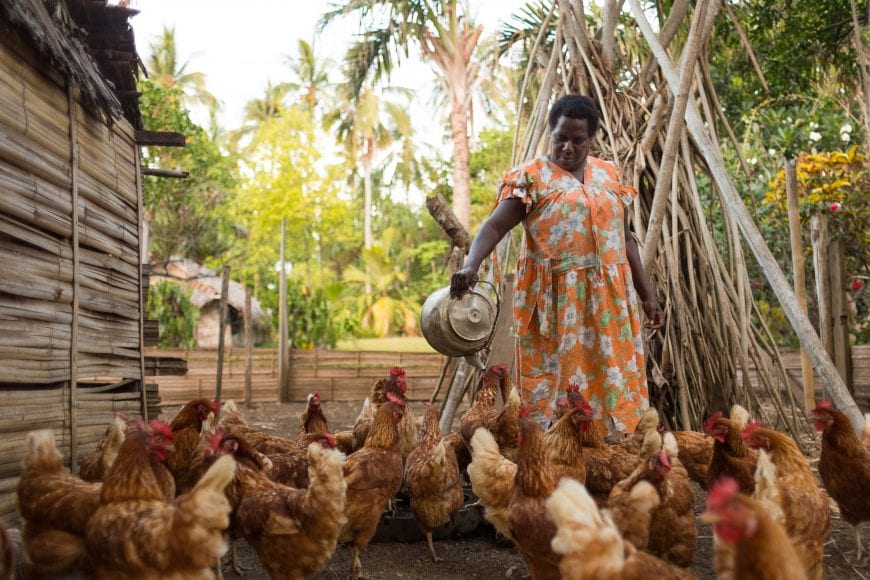Aims to maximise impact, shift power south and adapt to financial impact of coronavirus
Oxfam today announced that it is bringing forward a reorganisation of its global operations, and implementing a new strategic framework to adapt to the continuing financial impact of the coronavirus pandemic.
The international organisation began its ten-year strategic review in late 2018, determined to build a more diverse global footprint better suited to a rapidly changing world. The changes will enable Oxfam globally to be more effective in working with partners and communities to tackle poverty and inequality and help people to survive humanitarian crises. Oxfam around the world will be shifting more decision-making power to developing countries’ local leaders and re-orientating teams to work in ways that are more tailored to specific local contexts.
Oxfam International currently operates in 66 countries and 20 affiliates. It will retain its physical presence in 48 countries, six of which it will explore as new independent affiliate members. It plans to increase resources to some of these programs and refocus how each works, according to the specific needs of local people. It will phase out 18 of its country-based offices. Globally, the changes in total will affect around 1450 out of nearly 5000 program staff and 700 out of nearly 1900 partner organisations. Oxfam will honour its existing commitments to its partners and donors.
Oxfam International Interim Executive Director Chema Vera said: “Looking strategically at where and how we operate is the essential first step in ensuring that Oxfam can continue to make the best possible contribution to fighting inequality to end poverty and injustice, and to influence for change as effectively as possible. We’ve been planning this for some time but we are now accelerating key decisions in light of the effects of the global pandemic.”
Oxfam New Zealand Executive Director Rachael Le Mesurier said: Each Oxfam operates independently, nevertheless it is hard to see tough changes faced by some other Oxfams and their local partners. For Oxfam New Zealand, we have already moved towards more Pacific-led programmes and partnerships and we have together agreed we will reduce the size of Oxfam staff in each Pacific country. As with many New Zealand charities and businesses, we have implemented contingency plans including staff hours and salary reductions and wider cuts to some activities to support cost-saving measures. The priority remains that we continue to have a real impact on injustice and poverty through our humanitarian, program and influencing work.
“Our staff, partners, board and supporters are with us and will help see us through this challenging time for New Zealand and the world. We are determined that Oxfam will emerge stronger and better prepared for the world that emerges as we believe our support for those challenging injustice will be needed even more.”
Like many charities, organisations and business, Oxfam’s global finances have been impacted by the coronavirus crisis. Many Oxfam affiliates have been hit by shop closures and cancelled fund-raising events. For Oxfam New Zealand, a number of key fundraising activities have either had to be cancelled, such as the much-loved Oxfam Trailwalker event, or stopped such as the face-to-face fundraising teams. On a positive note, some of these fundraising activities have now resumed, such as the online Oxfam Shop which re-opened when New Zealand moved to Alert Level 3.
Oxfam International Interim Executive Director Chema Vera said: “In some countries, Oxfam will have a deeper footprint as we focus our program resources and strengthen our local partnerships to maximise impact. In others we will focus more strongly on our humanitarian or influencing goals.”
Oxfam New Zealand Executive Director Rachael Le Mesurier said: “The impact of the pandemic is made even more potent by the systemic and structural injustices of poverty and inequality. The work of protecting and promoting strong global civil society is more critical now than ever. This fight is the very focus of our mission. We remain enormously grateful to our donors and supporters whose continuing generosity is helping us meet this unprecedented challenge.”
NOTES:
- Oxfam is a confederation of 20 independent “affiliate” members, each with its own Board and governance structure.
- The Oxfam confederation currently runs 66 country program teams. Under this restructure, it intends to explore new affiliate members in six countries: Indonesia, Philippines, Colombia, Senegal, Kenya and the Pacific* (an amalgamation including of five current country teams). Including these six, it will retain its presence in 48 countries with refocused operational strategies. It will phase out and exit its programs over time in 18 countries: Thailand, Afghanistan, Sri Lanka, Pakistan, Tajikistan, Haiti, Dominican Republic, Cuba, Paraguay, Egypt, Tanzania, Sudan, Burundi, Rwanda, Sierra Leone, Benin, Liberia and Mauritania.









